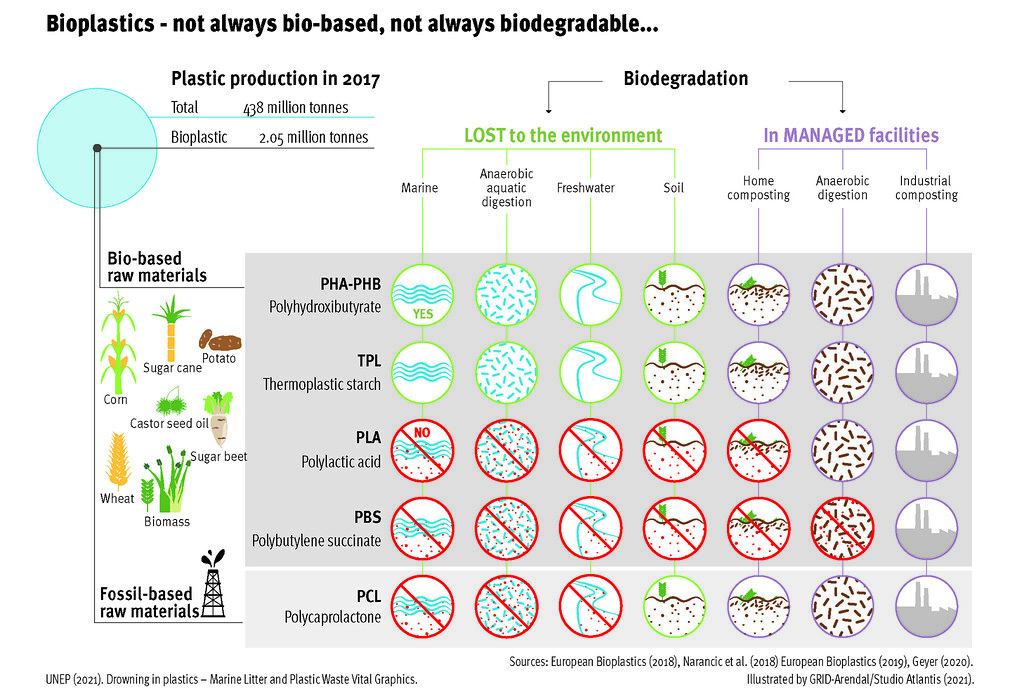The world is rapidly transitioning towards sustainable and eco-friendly solutions as the negative impact of fossil fuels becomes increasingly evident. One area that holds immense potential for revolutionizing the energy sector is the development and adoption of bio-based fuels. These alternative fuels, derived from renewable biomass sources, have the power to transform the petrochemical landscape and pave the way for a greener and more sustainable future.
Understanding Bio-based Fuels
Bio-based fuels, also known as biofuels, are derived from organic matter such as plant materials, crops, algae, and waste products. Unlike traditional fossil fuels, such as coal, oil, and natural gas, biofuels are produced from renewable sources, making them an attractive and sustainable alternative to mitigate climate change and reduce dependence on finite resources.
Types of Bio-based Fuels
There are several types of bio-based fuels, each with its unique production process and characteristics:
-
- First-generation biofuels: These are derived from food crops such as corn, sugarcane, and soybeans. Ethanol, a common biofuel produced from crops, is widely used as a blending component in gasoline.
-
- Second-generation biofuels: These fuels are made from non-food crops like switchgrass, agricultural residues, and woody biomass. They offer higher fuel efficiency and lower greenhouse gas emissions compared to first-generation biofuels.
-
- Third-generation biofuels: This category includes fuels derived from algae and other microorganisms. Algae, for instance, can produce oil that can be processed into biodiesel or jet fuel.
-
- Fourth-generation biofuels: Also known as advanced biofuels, these are produced using novel techniques such as synthetic biology and genetic engineering. They have the potential to address the limitations and challenges associated with previous generations of biofuels.
Advantages of Bio-based Fuels
The rise of bio-based fuels offers numerous advantages over conventional fossil fuels:
-
- Reduced greenhouse gas emissions: Biofuels have the ability to significantly lower carbon dioxide emissions, thereby helping combat climate change and reduce the environmental impact of transportation and industrial sectors.
-
- Improved air quality: Bio-based fuels produce fewer pollutants and particulate matter compared to fossil fuels, leading to cleaner and healthier air, particularly in densely populated urban areas.
-
- Energy security: Bio-based fuels provide countries with an opportunity to diversify their energy sources, reducing reliance on imported fossil fuels and enhancing energy security.
-
- Rural development: The cultivation and production of biomass for biofuels can create employment opportunities in rural communities, stimulating economic growth and reducing poverty.
-
- Technological innovation: The development and adoption of bio-based fuels drive advancements in research, technology, and infrastructure, spurring innovation across multiple industries.
The Challenges Ahead
While bio-based fuels offer a promising solution for a sustainable future, they also face certain challenges that need to be addressed:
-
- Land and water use: The production of biofuels requires vast amounts of land and water, which can potentially compete with food production and strain scarce resources.
-
- Economic viability: Cost competitiveness with fossil fuels remains a key challenge, although advancements in technology and scale may help reduce production costs in the long run.
-
- Indirect land-use change: Shifting land use from food crops to biofuel crops can indirectly lead to deforestation and displacement of traditional agricultural activities.
-
- Social and environmental sustainability: Ensuring that biofuel production does not harm ecosystems, drive up food prices, or exploit vulnerable communities is essential for long-term sustainability.
The Way Forward
To realize the full potential of bio-based fuels and overcome the challenges they present, collaboration between governments, industries, and research institutions is crucial. Investments in sustainable farming practices, research and development, and supportive policies are necessary to encourage the growth and adoption of biofuels. Additionally, the development of advanced technologies, such as algae-based fuels and synthetic biology, can help improve the efficiency, scalability, and sustainability of bio-based fuel production.
The transformation of the petrochemical landscape is already underway, with increasing investments and research efforts towards bio-based fuels. By embracing these sustainable alternatives, we are paving the way for a cleaner, greener, and more energy-independent future.





